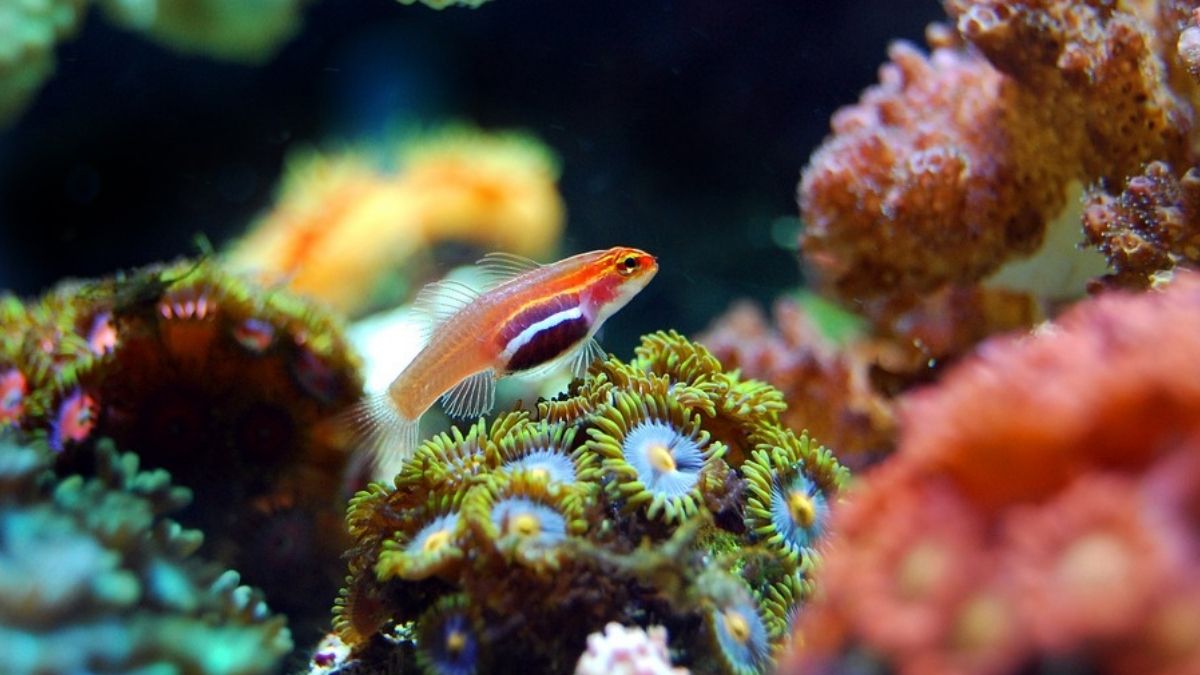Climate goals apart, coral reefs still face huge threat as marine heatwaves abound

A study has pointed out that coral reefs face disaster even if global climate targets are achieved
The nations of the world are busy formulating means to tide over the climate change crisis. Evan as global climate targets are being put in place, it looks like any effort on that front would not help in saving the coral reefs.
Coral reefs are so significant for earth’s survival as they are home to a quarter of the total marine life. These reefs also support the livelihoods of more than half-a-billion people. If the coral reefs are in danger, that could also mean that marine wildlife and livelihoods of these people would be pushed to danger. Significantly, efforts currently on to bring global warming levels in accordance with the Paris climate goals may not be enough to help the coral reefs survive.
That is exactly what researchers who have been working on this terrain believe. It has been pointed out in a paper published by the PLOS Climate journal that “an average increase of 1.5 degrees Celsius above pre-industrial levels would see more than 99 percent of the world’s coral reefs unable to recover from ever more frequent marine heat waves”.
Death of 90% coral reefs at 1.5 degrees C forecast
If the warming levels grow up to 2 degrees Celsius, there is a risk of mortality at 100 percent, the study warns. It may be recalled that the 2015 Paris Agreement had urged close to 200 countries around the globe to keep global heating well below 2 degrees Celsius. Even that may not be able to help the coral reefs survive is a situation that needs more attention.
This comes as even more frightening as one goes by the UN’s IPCC climate science panel’s warning that temperatures could climb to 1.5 degrees Celsius by 2030. The IPCC had back in 2018 forecast that close to 90 percent of corals could die at the 1.5 degrees Celsius threshold.

Coral bleaching phenomenon studied
The fact is that coral reefs across the ocean beds have been at risk. They are in a dangerous position with climate change beating down on them much fiercer than ever before. Coral bleaching is happening faster these days. Marine heatwaves are making it riskier for coral reefs, and thus the time taken for living corals to recover is also tool long.
The oceans absorb about 93 percent of the excess heat from greenhouse gas emissions and thus give rise to long-lasting marine heatwaves. The coral reefs tend to be at the receiving end of such phenomenon, and that could lead to ultimate disaster.







